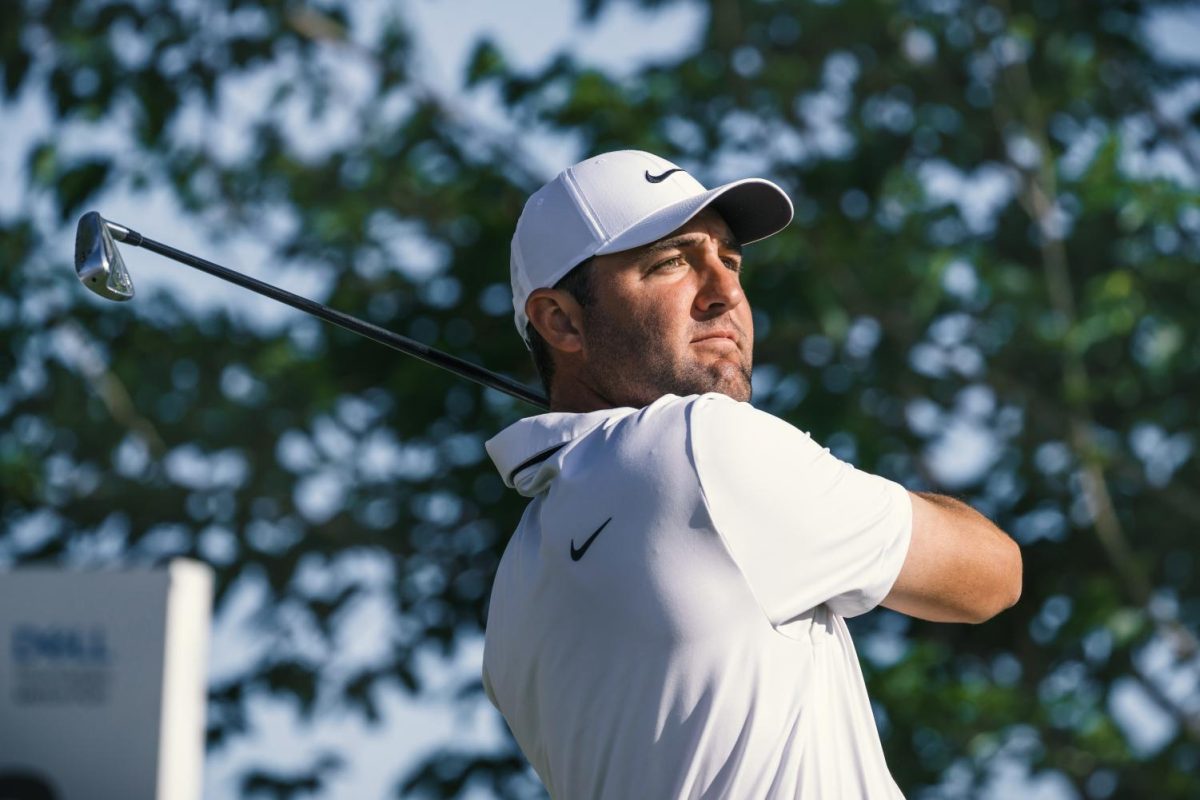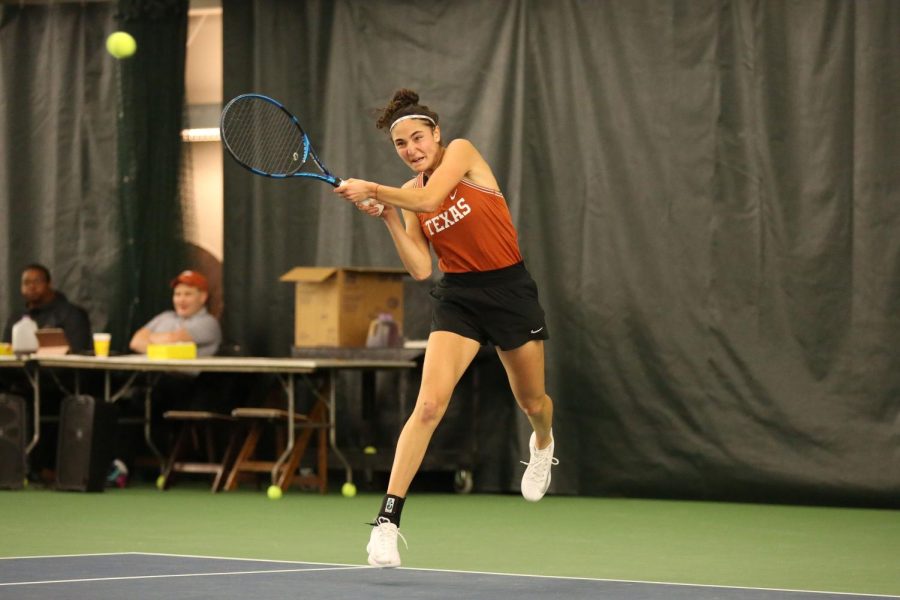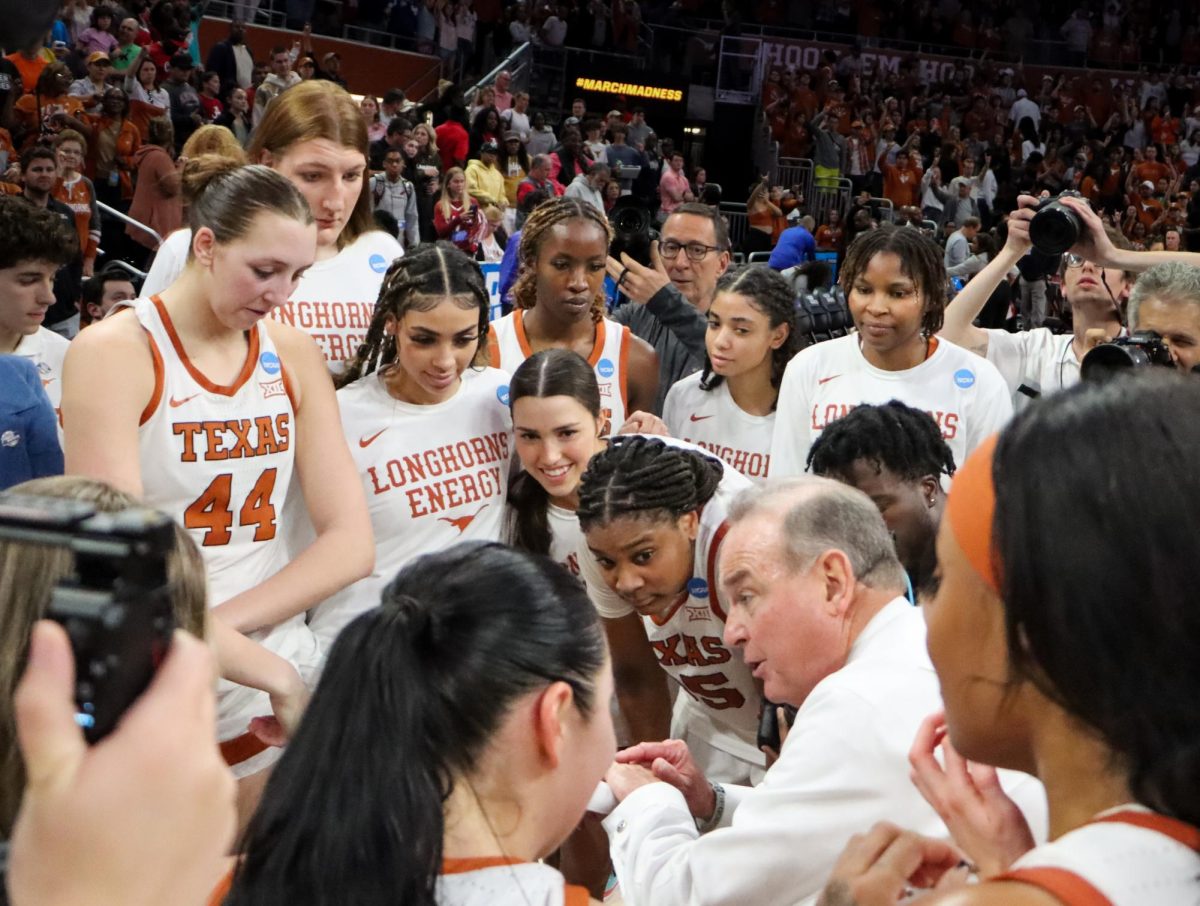About one in four Division I athletes report signs of depression, according to a new study of nearly 500 athletes by the British Journal of Sports Medicine.
Researchers collected data on the frequency of depression in 465 undergraduate athletes who went to a private university with an NCAA Division I program over three years. The sample is one of the largest to look at depression in college athletes by gender and sport.
The NCAA published a 40-page document last week which recommends universities have pre-participation mental health screenings and help refer students to qualified practitioners when needed.
Allen Hardin, senior associate athletics director of sports medicine at UT, said athletes complete a medical screening process once they enroll and arrive on campus.
“Mental health is just one piece of what we do,” Hardin said. “We do an extensive screening process that looks at emotional and physical health. We identify those who may be at risk and address any of those issues at that time.”
In the Drexel University study, 28 percent of women were likely to experience depressive symptoms, compared to 18 percent of men. Female track and field athletes had the highest percentage of clinically relevant depressive symptoms at 38 percent.
Former UT track athlete Kendra Chambers said track athletes often compete against each other to qualify to run in upcoming meets. Once the athlete qualifies for a meet, there’s more individual pressure for the athlete to perform well for national and regional meets, Chambers said.
During her time as a Longhorn, Chambers was a four-time All-American and four-time Big XII track champion. She is now a pro-athlete training for the 2016 Olympics in Brazil. She said she focuses just as much time on her mental well-being as she does on her physical health.
“I’ve grown so much as a pro-athlete that I now use a sports psychiatrist on a weekly basis,” Chambers said.
Dr. Brian Hainline, chief medical officer at the NCAA, said when he visited UT last year he was “very impressed” by the University’s concussion health and mental health programs.
Randa Ryan, executive senior associate athletics director of student services at UT, said athletes have resources available when in need of a referral, and coaches are trained to handle situations where a student athlete is in crisis.
“Texas is a model program in regards to what the NCAA is looking for in mental health support for student athletes,” Ryan, who has worked with Texas athletics for 31 years, said.
Depression among college athletes is comparable to its incidence in the general college population, the study found.
“Estimates of mental illness among college athletes are really similar to their non-athletic peers,” Hardin said. “This isn’t just a college athletics problem. This is something that all college campuses are addressing.”





















